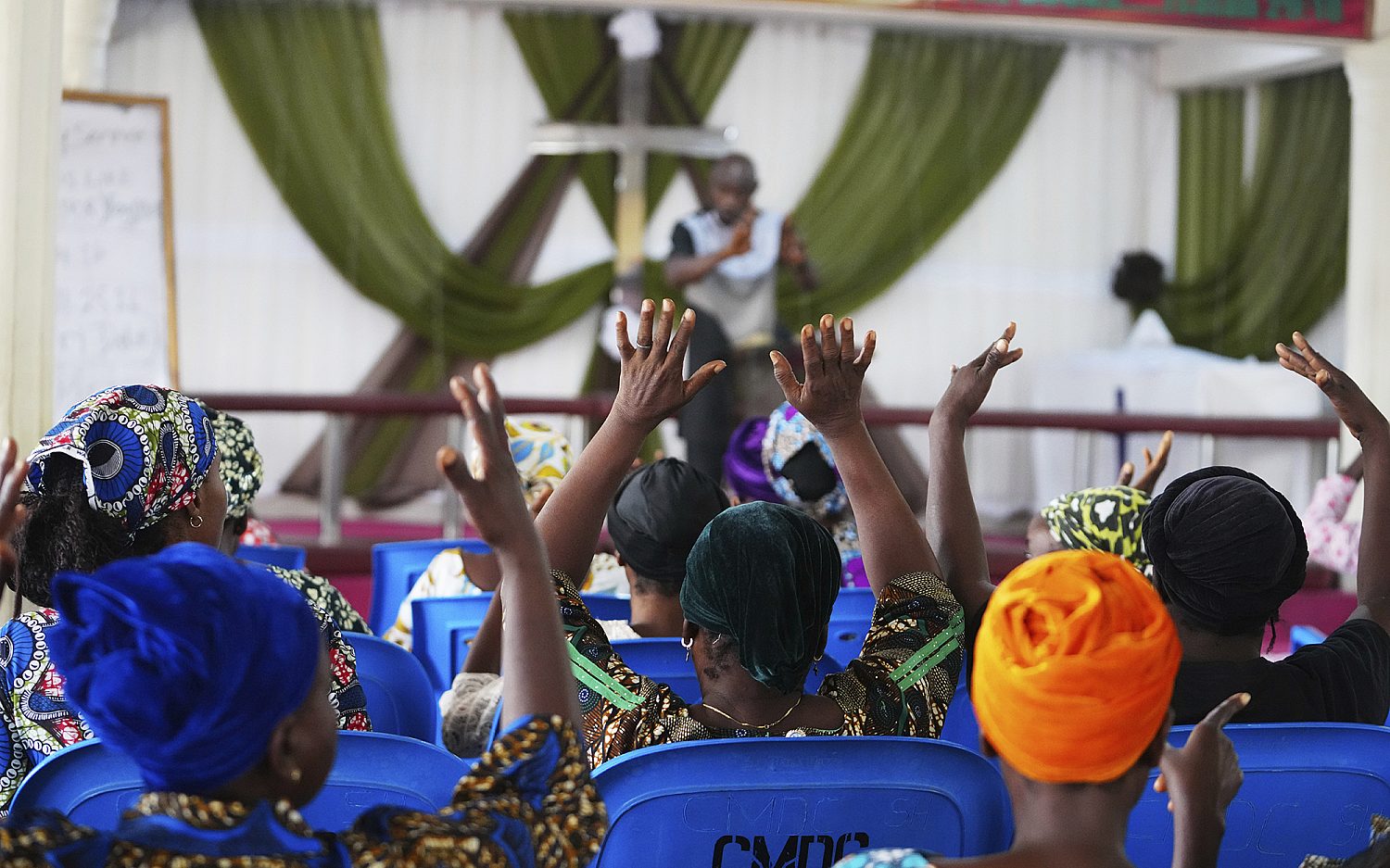Two Supreme Court cases that deserved more attention than they got
Last week’s U.S. Supreme Court decision on affirmative action overshadowed the news of two other substantial rulings. These rulings—one dealing with the victims of child pornography, the other with Fourth Amendment rights—have wide-reaching effects.
Paroline v. United States. A court convicted Doyle Paroline of possessing child pornography. He had several hundred illegal images.Included in his sickening collection were two images of the rape of an 8-year-old girl called Amy.
Victims of child pornography, under federal law, may collect restitution from anyone along the supply-and-demand chain. That chain includes anyone who views images of their abuse.
In this case, Amy claimed losses of more than $3 million. She said she could not hold a job or finish college, and she required psychotherapy. Her damages are ongoing because those images are out there forever. She can never really leave them behind and start life anew.
The law allows full restitution; what it doesn’t say is who should pay it. The trial court that initially heard the case denied Amy restitution. It said the man who actually abused her caused her injury, not the man who looked at the photos.
But the 5th U.S. Circuit Court of Appeals disagreed.It said Paroline should pay all the victim’s losses because that’s what the law plainly says. It didn’t matter, the court said, that Paroline’s part in harming Amy followed the initial abuse.
The Supreme Court took a position in the middle. All the justices agreed Amy deserved restitution, but they could not agree whether Paroline should pay all of it.
In a five-to-four decision, the Court said anybody convicted of possessing images of child sexual abuse must pay “something.” Payment to the victim must be more than a “trivial” amount, but one person convicted of possession of child pornography cannot be required to pay for all losses.
Justice Anthony Kennedy wrote in the majority opinion that lower court judges should “do their best” to calculate damages against each person convicted of the crime. Justices Samuel Alito, Stephen Breyer, Ruth Bader Ginsburg, and Elena Kagan joined Kennedy in the majority.
Navarette v. California. This 5-4 decision is a big deal if you drive on public streets. The Court ruled police could pull over drivers and search their cars based on anonymous tips.
A woman in California claimed another driver forced her off the road. She called 911 to say a man in a truck was driving dangerously. She gave the vehicle’s license plate number, make, model, and location.
Based on that information, the police caught up with the truck driver. They followed for a while, but never observed him doing anything wrong. Still, they stopped the truck driver based on that tip. During the stop, an officer turned up bags of marijuana in the driver’s truck.
The defendant argued the search was unreasonable because the police did not have their own evidence of wrongdoing to pull him over. They had no idea who the tipster was or whether she was reliable.
The majority said the tip included enough detail to justify the search, but the dissent, including conservative Justice Antonin Scalia, worried any disgruntled complainer will use this new rule to report tolerable things, like a single instance of careless driving, and a single phone tip that might be false could infringe on our freedom to move about without being stopped by police.
Lynde Langdon contributed to this report.
An actual newsletter worth subscribing to instead of just a collection of links. —Adam
Sign up to receive The Sift email newsletter each weekday morning for the latest headlines from WORLD’s breaking news team.





Please wait while we load the latest comments...
Comments
Please register, subscribe, or log in to comment on this article.